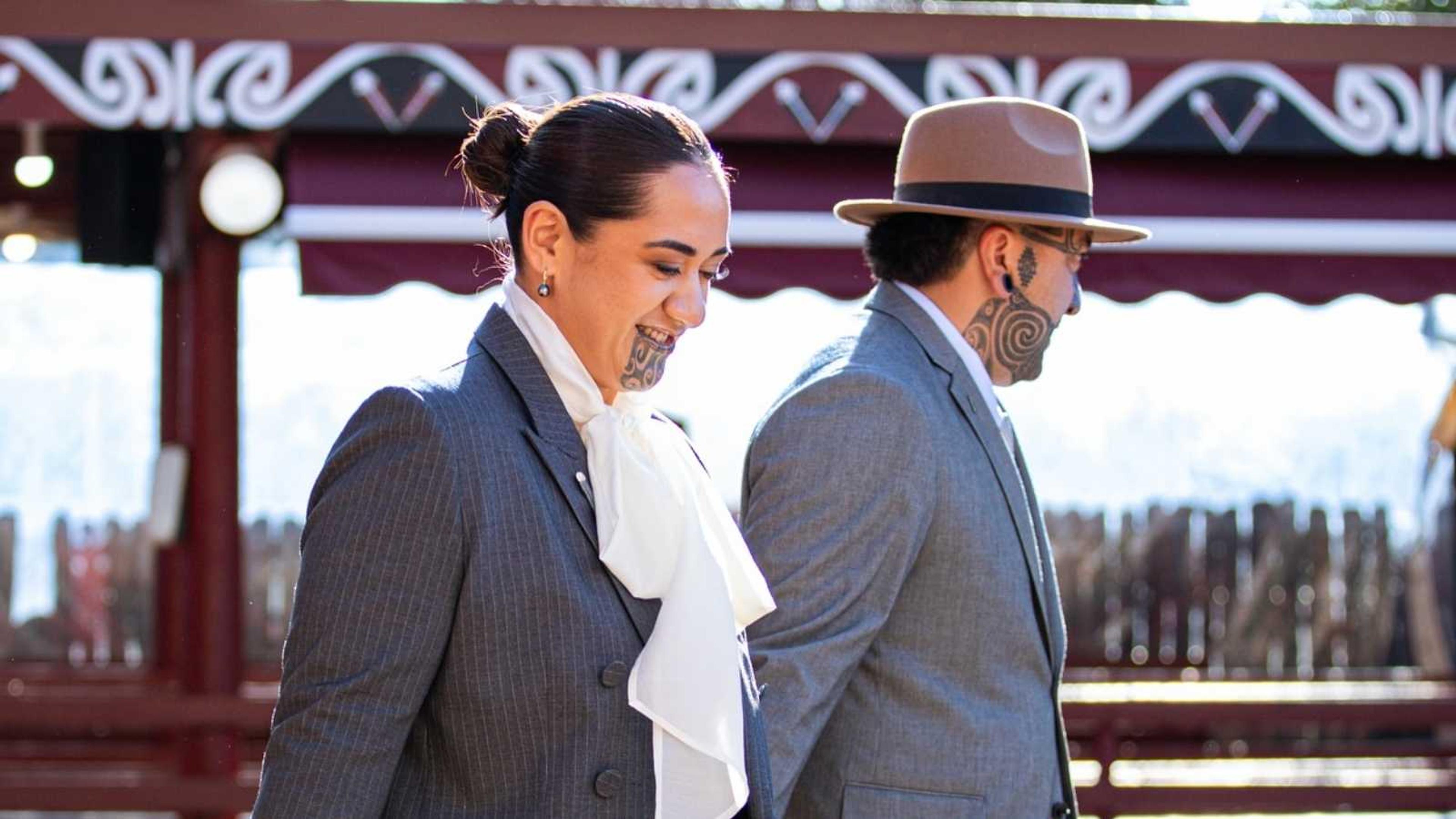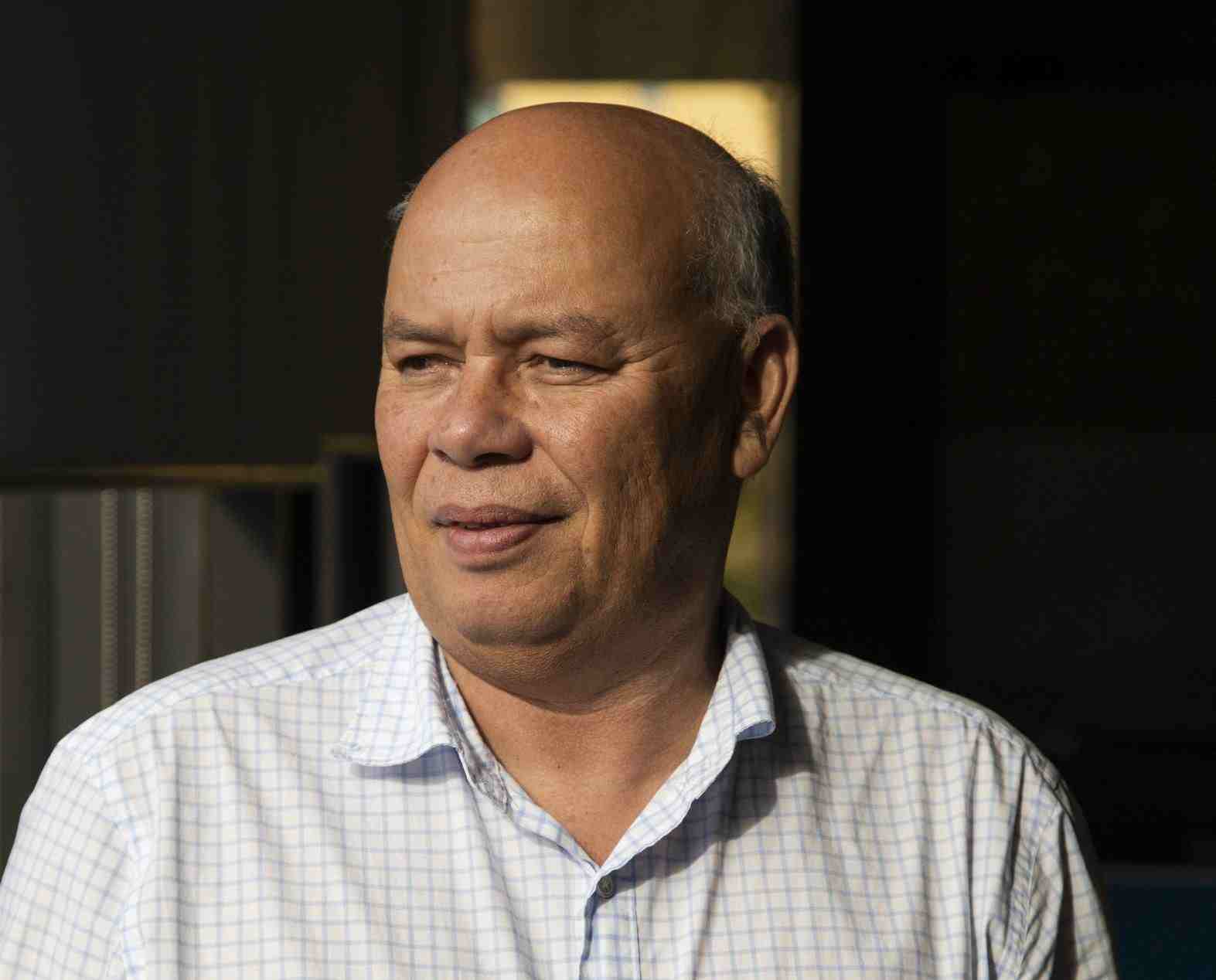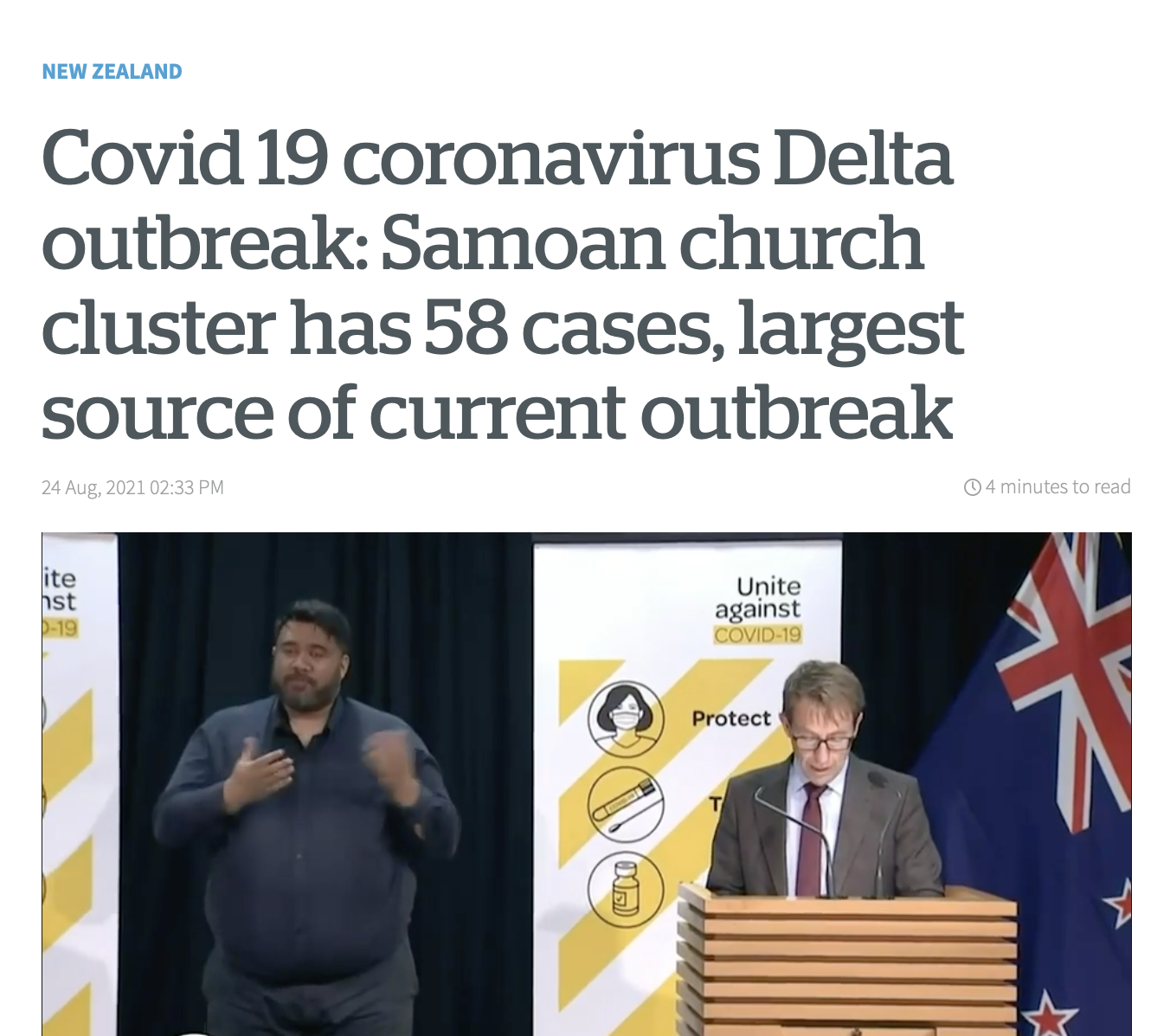

A report has revealed that Pacific people were twice as likely to be hospitalised with Covid as non-Pacific and non-Māori in Aotearoa.
Photo/Ministry for Pacific Peoples
Report reveals Pacific Covid-19 death rates were alarmingly high
Pacific people in New Zealand suffered disproportionately high Covid-19 death rates, highlighting systemic failures in the pandemic response, according to a new report.



Cultural traditions leave families vulnerable after the loss of a loved one


'Fight for the truth': HRPP leader Tuilaepa to contest Sāmoa’s election results


Pacific leaders honour Māori Queen at her inaugural Koroneihana

Cultural traditions leave families vulnerable after the loss of a loved one


'Fight for the truth': HRPP leader Tuilaepa to contest Sāmoa’s election results
Pacific people in Aotearoa New Zealand suffered disproportionately high death rates during the Covid-19 pandemic, with far more dying within 28 days of being reported as a case compared to other ethnic groups.
This finding is covered in a new report that looked at the impact of the pandemic on Pacific communities and "missed opportunities" in New Zealand’s response.
The report, Pacific contribution to the New Zealand Covid-19 response, Strengths, Weaknesses and Missed Opportunties, showed that Pacific people had significantly higher mortality rates for those aged over 80.
Of those under 59 who died within 28 days of contracting Covid-19, 20 per cent were Pacific, compared to just eight per cent of those classified as European or other ethnicities in the same age group.
The research, funded by the Ministry of Health and conducted by the Centre for Pacific and Global Health, Pasifika Medical Association, and The Fono, found that Pacific people were twice as likely to be hospitalised with Covid-19 as non-Pacific and non-Māori groups.
Research lead Professor Sir Collin Tukuitonga, co-director of Te Poutoko Ora a Kiwa – Centre for Pacific and Global Health at the University of Auckland, said the Government failed to adequately engage with Pacific leaders.
“Despite clear and consistent evidence of the severe impact on Pacific communities, the national response took a ‘one-size-fits-all’ approach rather than directly engaging with Pacific leaders," he said.
The report highlighted the social and economic hardships faced by Pacific communities during the pandemic, with many working in essential roles that increased their risk of exposure.
It found that Pacific families, particularly those living in multigenerational households, struggled with lockdown restrictions and self-isolation requirements.

The report's research lead is Professor Sir Collin Tukuitonga, co-director of Te Poutoko Ora a Kiwa - Centre for Pacific and Global Health at the University of Auckland. Photo/Supplied.
Media coverage during the pandemic further exacerbated challenges for Pacific communities.
A Pacific church was named as a central location in a large Covid-19 outbreak in August 2021, and fueled what the report described as “racist vilification” of the Sāmoan community.
Many Pacific workers also reported experiencing racism in addition to the anxiety of working on the frontlines of the pandemic.
The research gathered the experiences of 147 Pacific people, with many stating that lockdowns and the virus itself took a serious toll on their mental health.

Media coverage during the pandemic further exacerbated challenges for Pacific communities. Photo/Screenshot.
Twenty-eight per cent of Pacific people reported difficulty accessing mental health support, while 26 per cent faced barriers to general healthcare.
Pacific households were also hit harder financially than the general population, with 18 per cent losing half or more of their income in 2020.
The impact on education was significant, with 20 per cent of Pacific students lacking access to a device for online learning, raising concerns about long-term learning loss and school disengagement.
The report called for stronger engagement with Pacific health providers, clearer guidance at the outset of future outbreaks, and policies that allow Pacific-led testing and vaccination centres to be established early.

The research found 20 percent of Pacific students did not have or did not know if they had access to a device at home for distance learning. Photo/Stock image
It also recommended reviewing hospital visitor restrictions, which were particularly difficult for Pacific families, and strengthening mental health services to address the lasting effects of the pandemic.
While vaccine uptake among Pacific people was initially slow, it reached 95 per cent by December 2021, and 68 per cent of participants said their decision to get vaccinated was motivated by a desire to protect their families.
The report reinforced the need to address systemic inequalities affecting Pacific communities.
“Recognising and tackling these disparities must be a core part of future public health strategies to ensure vulnerable populations are protected.”